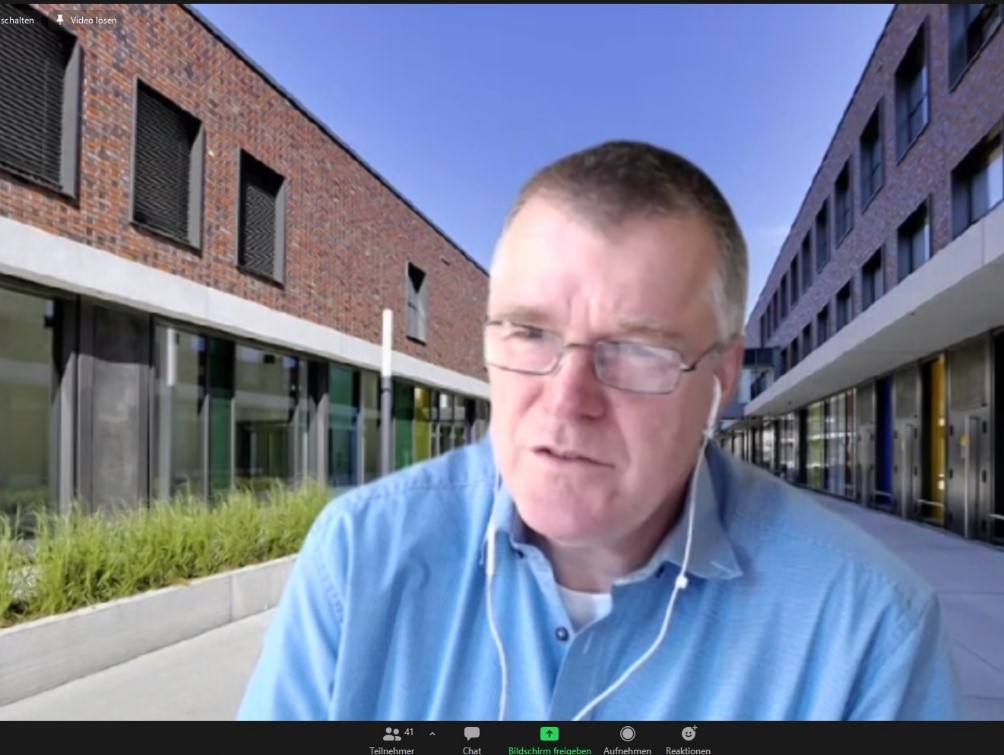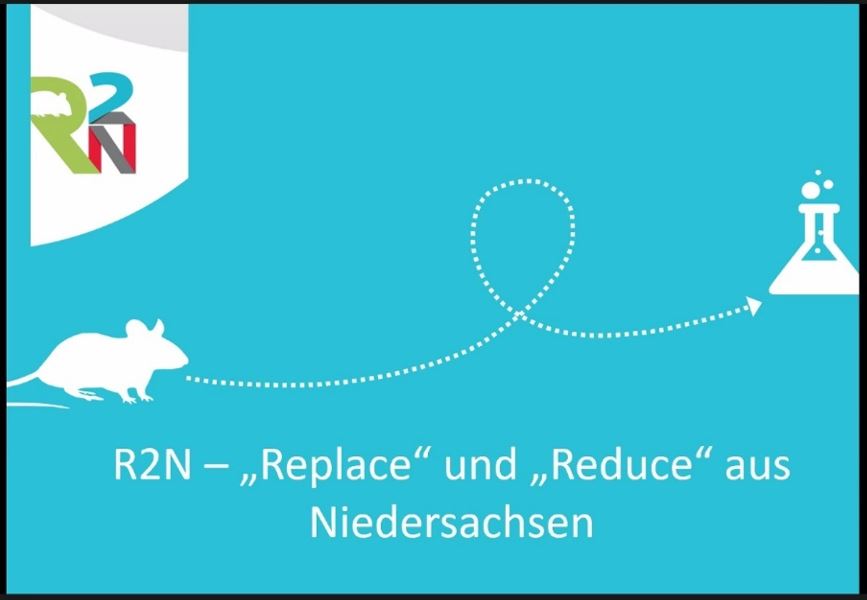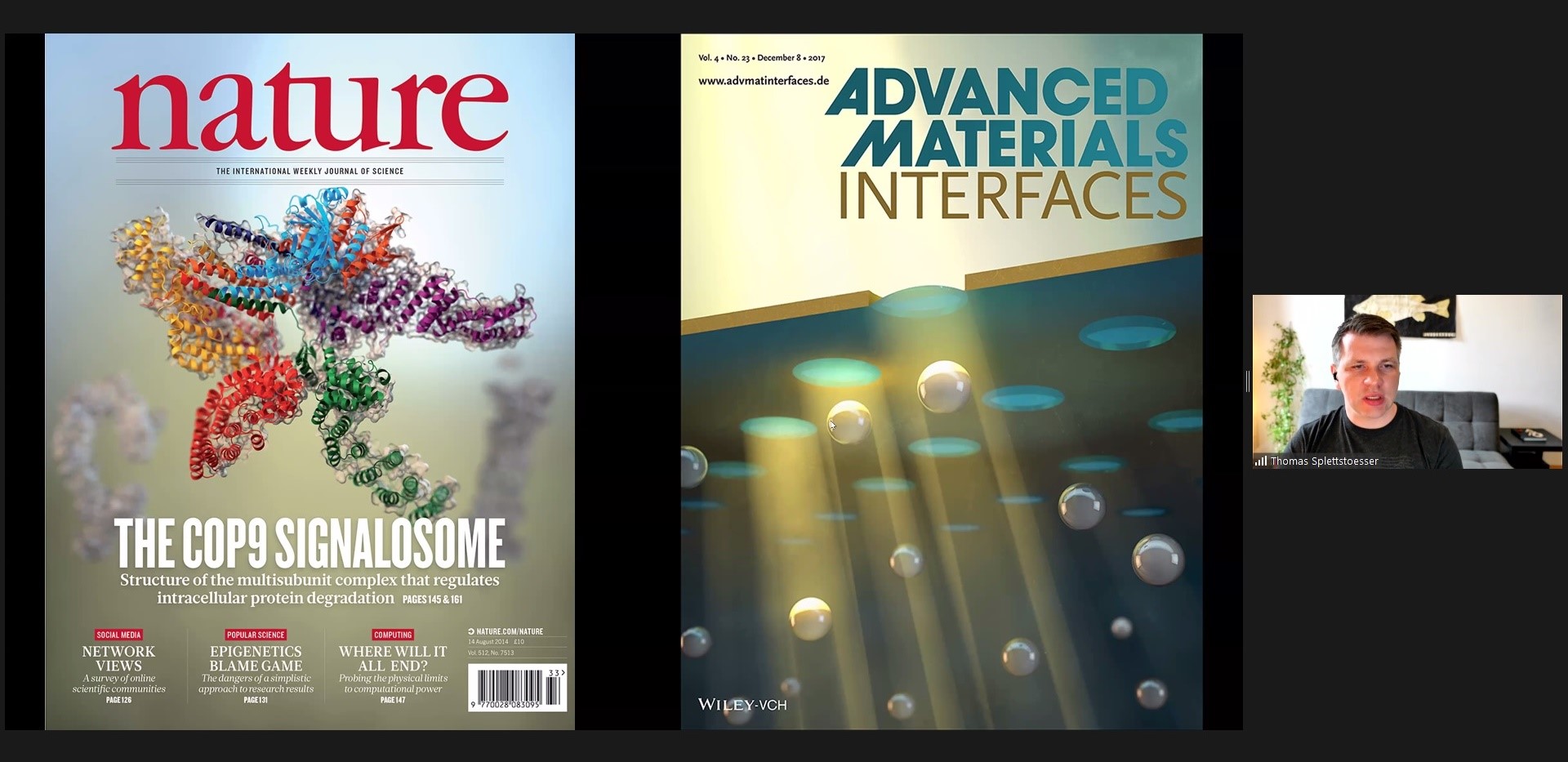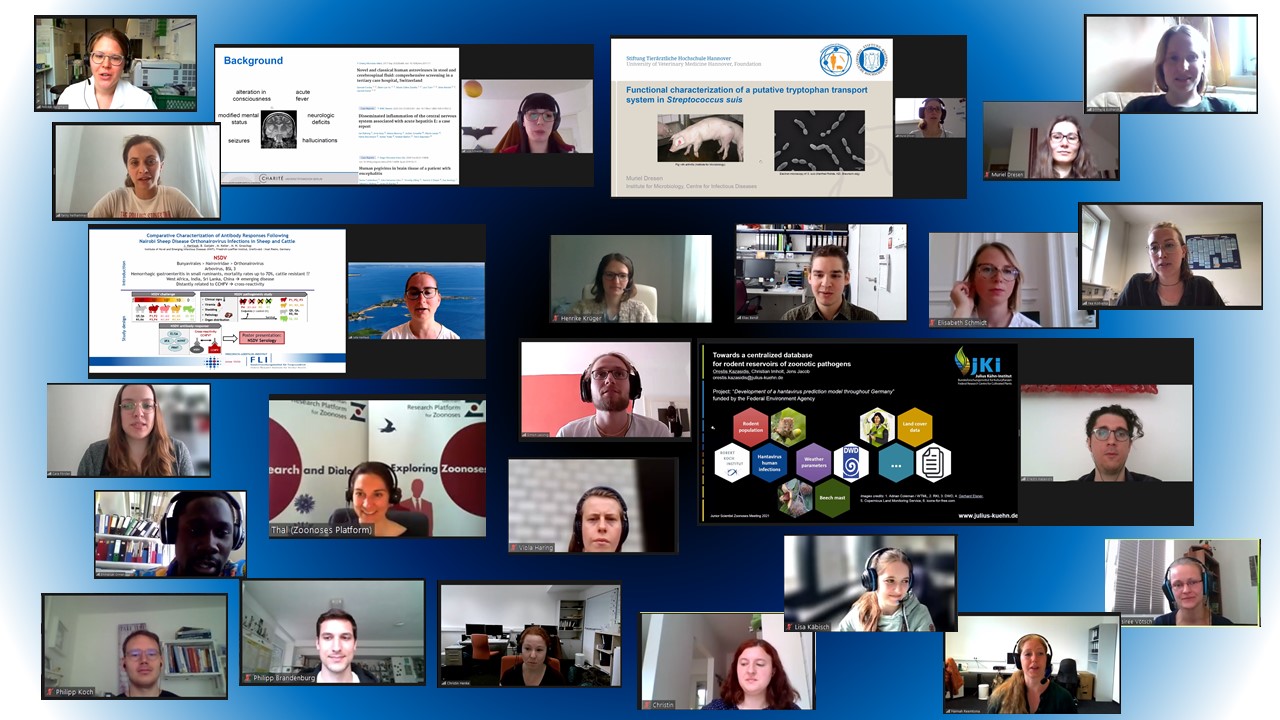Something for everyone at the Junior Scientist Zoonoses Meeting 2021.
The Junior Scientist Zoonoses Meeting (JSZM) is the annual meeting of the young scientists of the Zoonoses Platform. In 2020, due to the SARS-CoV-2 pandemic, the meeting had to be held in a truncated form online. One year later, this pandemic continues to define many aspects of our lives. Consequently, the 2021 JSZM took place online again. But more than a year of the pandemic has also changed many things, and thanks to the experience gained with online events, an exciting exchange was still possible. Only the joint visit to the beer garden at the end of the day unfortunately had to be cancelled again.
Networks are an important building block in a scientific career. This is especially true in such an interdisciplinary field as zoonoses research. The German Research Platform for Zoonoses therefore strives to help young scientists build these networks early in their careers and to stimulate an exchange between the numerous fields of zoonoses research. In addition to exciting talks by guest speakers, the presentation of one's own research work was also part of the JSZM 2021 program. Over 40 PhD students and postdocs participated in the online meeting on July 3rd and 4th, 2021.
 Fig. 1: Prof. Dr. Martin Groschup, head of the INNT at the FLI, shared his own career experiences with the young scientists
Fig. 1: Prof. Dr. Martin Groschup, head of the INNT at the FLI, shared his own career experiences with the young scientists
Shaping career paths
In his opening lecture, Prof. Martin Groschup, Head of the Institute for Novel and Emerging Infectious Diseases (INNT) at the Friedrich-Loeffler-Institute (FLI), discussed how important formed networks were and are for his own career. He told the young scientists that a career path is often not a broad, asphalted, straight road, but one that is characterized by small obstacles, curves and, above all, a large number of road junctions and thus opportunities for choice. One such choice could be a stay abroad. Dr. Holger Finken, Head of Research Programs at the German Academic Exchange Service (DAAD), explained to the participants at the meeting how this can be financed through funding from the DAAD.
Tools of modern zoonosis research - alternative experimental models and NGS
The guest contribution of Prof. André Bleich from the Hannover Medical School was dedicated to alternative models to animal experiments. He presented the initiative "Replace and Reduce from Lower Saxony" (R2N), an initiative of 15 research groups working on replacement and complementary methods for future-oriented biomedical research. Huge progress has already been made in this area in recent years, so that animal experiments have actually become unnecessary for certain investigations.

Fig. 2: Prof. André Bleich from the MHH gave exciting insights into the work of the R2N network in Lower Saxony
Another topic area in which incredible progress has been made in recent years is next generation sequencing (NGS), which Prof. Martin Beer, head of the Institute of Diagnostic Virology at the FLI, spoke about at the meeting. Even though his provocative statement at the beginning of his talk that research is only good if it contains NGS methods caused smiling faces, he was able to present impressive examples from his research of the importance of NGS in zoonoses research in his further talk. In particular, NGS plays a significant role in the epidemiological investigation of outbreak events at the genome level and in finding new pathogens.
Viruses yesterday and today
In some cases, it is possible to investigate outbreaks retrospectively, provided there is sample material from which DNA/ RNA can be isolated. This somewhat different research approach to viral evolution, which deals with pathogens of the past, was presented by Dr. Sébastien Calvignac-Spencer, head of the Viral Evolution Working Group at the Robert Koch-Institute. In contrast, Prof. Gülsah Gabriel's research is anchored in current pandemic events. The researcher, who normally works on the influenza virus, presented exciting results from her research group on the role of sex hormones during COVID-19 disease.
Written and graphical research communication
In addition to insights into different zoonoses research fields, visualizations of research findings and scientific writing were also topics at the meeting. Dr. Julie Davies, who works at the English Support Unit of the University of Münster and at the University of Paderborn, reported on important aspects of written communication of research in English and on possible stumbling blocks. Another form of communicating one's own research results are illustrations. Dr. Thomas Splettstößer, who holds a doctorate in molecular biology, has made it his profession to create them. How this came about and what his work looks like under his label SCIstyle, Dr. Splettstößer told in an entertaining way at the meeting. In addition to many beautiful pictures, he also had many useful tips for his audience.

Fig. 3: Dr. Thomas Splettstößer presented his impressive work, which he creates under his label SCIstyle
Good prospects for the future
The highlight of the meeting, however, was the poster sessions, in which participants presented their own research work to the audience. In an impressive way, the young scientists used their 5 minutes of speaking time and competently answered any questions in the subsequent discussion rounds. Even though the online format made the discussion more difficult and the further conversations during the coffee breaks were definitely missing, an exchange among the young scientists was still possible. The abundance of research topics and the mutual interest between the research fields gives reason for optimism that zoonoses research in Germany will continue to take place at a high level and with an interdisciplinary character in the future.

Fig. 4: The meeting lived through numerous impressive contributions of the young researchers
New junior scientist representative elected
Another important part of the JSZM 2021 was the election of the young scientist representative for the Internal Advisory Board of the Zoonoses Platform. To ensure that young scientists also have a voice in this important body, a representative is elected each year from the ranks of young scientists at the JSZM. This year, Alexandra Herbst was elected. The PhD student at the University of Veterinary Medicine Hannover is part of the PhD program "Animal and Zoonotic Infection" and member of the DFG-funded research training group VIPER (Virus detection, pathogenesis and intervention). In her research, she focuses on the role of a specific protein class (importin-α) in the interspecies transmission of influenza A viruses. In addition, Ms. Herbst is currently undergoing further training to become a specialist veterinarian in microbiology.
Even if the joint visit to the beer garden was missing at the end, the meeting was still a nice opportunity to bring together young scientists of the community and to give their research work a stage. We hope that this will be possible again in 2022 with more coffee breaks and a final visit to the beer garden.
We would like to thank all participants for their great contributions to the meeting.
Text: Dr. Dana A. Thal, German Research Platform for Zoonoses



